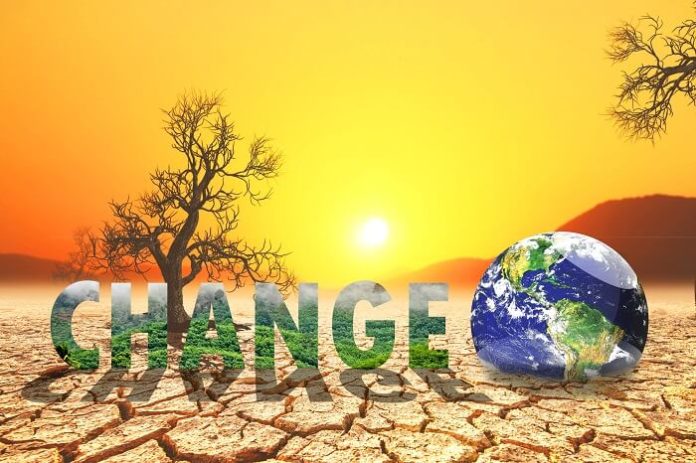At the ongoing 29th Conference of the Parties (COP29) climate conference in Baku, Azerbaijan, India raises concerns about dissatisfaction with the push from developed countries to broaden the scope of the Mitigation Ambition and Implementation Work Programme (MWP).
The demand goes beyond the agreements established in previous climate talks. The statement came in response to India’s call for grant-based long-term climate finance under the New Collective Quantified Goal (NCQG).
India, representing the interests of like-minded developing countries (LMDCs), emphasized the need for developed nations to commit to mobilizing at least $1.3 trillion annually in climate finance through the NCQG until 2030.
India made it clear that climate finance should remain a unidirectional provision from developed to developing countries, and cannot be turned into an investment goal.
Developing Nations Push for $5-6.8 Trillion in Climate Finance
At COP29, developing nations have proposed a climate finance target of $5-6.8 trillion for the period leading up to 2030.
India speaking for LMDCs, stressed that developed countries must honor their commitment to provide climate finance, especially given the significant vulnerabilities faced by the Global South.
Vulnerability of Developing Countries
In a powerful statement during the closing plenary of the Subsidiary Bodies on the Sharm el-Sheikh Mitigation Ambition and Implementation Work Programme (MWP), India raises concerns about the lack of progress in areas crucial for developing nations.
India highlighted that countries in the Global South are experiencing some of the most severe impacts of climate change. It has limited capacity to recover or adapt.
India argued that these nations bear little responsibility for the climate crisis, yet they face disproportionate consequences.
Opposition to Expanded MWP Targets
India’s statement at the conference was a direct response to calls from developed countries. These calls urged the inclusion of mitigation goals from the Global Stocktake of the Dubai Accord (COP28) into the MWP.
India and its allies in the LMDCs, Arab Group, and African Group of Negotiators (AGN) strongly opposed this. They argued that the MWP, created at COP27 in Sharm-el-Sheikh in 2022. The intention was not to impose new targets or force any country into specific actions.
Clarifying the Mandate
India reiterated that the MWP was established with the primary goal of facilitating the sharing of ideas, experiences, and solutions for reducing emissions.
It was designed to support countries in scaling up their mitigation efforts and achieving the goal of limiting global warming to 1.5°C above pre-industrial levels.
India stressed that the MWP should remain non-prescriptive and non-punitive. Outcomes should respect national sovereignty and the differing circumstances of each country.
India emphasized that developed countries should not use it as a tool to impose new targets or goals on developing nations.
Conclusion
India’s statement at COP29 emphasized the importance of equity principles. It also highlighted the need for common but differentiated responsibilities in climate negotiations.
India and its allies called for continued dialogue and collaboration under the MWP. They emphasized that this should occur without imposing unfair burdens on developing countries.
The country’s concerns reflect broader frustrations among the Global South. It seeks greater climate finance and a more equitable approach to global emissions reductions.
































